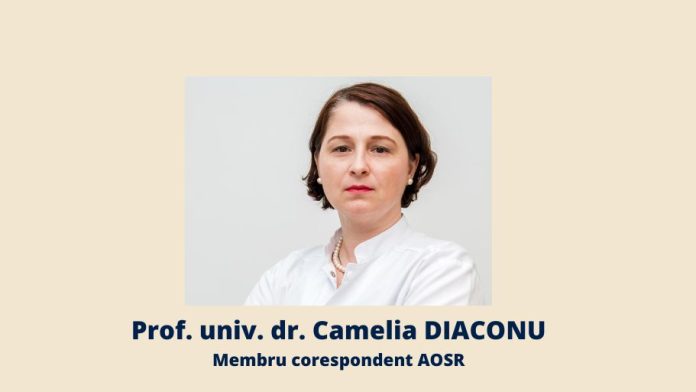I find 24 hours on-call difficult to manage, especially as a chief on-call. I propose, for example, that for an emergency hospital there should be a minimum of two primary care physicians on call (in addition to resident physicians) to share duties and provide rest periods during the 24 hours. In the context of the shortage of medical staff, this will probably remain a desideratum.
I don’t understand why, in Romania, on-call hours are not considered seniority.
On-call hours can have a significant effect on doctors’ sleep. During on-call hours, they need to be alert and make important decisions about patient care. This pressure can lead to stress, anxiety and sleep disturbances.
The number of on-call hours may vary by country, specialty and hospital. In general, a shift can last between 12 and 24 hours or more. In Romania, Order 840/2004, art. 25 states: “On-call duty is established in units with beds to ensure continuity of medical care between the end of the scheduled time for the doctors’ regular activity during the week and the start of the morning program the following day. On weekly rest days, public holidays and other days on which, according to legal regulations, no work is carried out, on-call duty begins in the morning and lasts 24 hours.” Therefore, during the week a doctor on call will be present at the hospital for at least 24 hours (current activity + sometimes the next day’s current activity), and during weekends or public holidays – 24 hours.
In addition to the impact on sleep, on-call hours can also lead to physical and mental exhaustion for doctors, as well as an increased risk of car accidents while travelling to and from hospital. Basically, “sleepless nights” of any kind are against the body’s physiology, they are stressful for the body. And as far as on-call doctors are concerned, this often becomes a weekly routine…
There are many studies showing that doctors on call are at higher risk of developing sleep disorders such as insomnia, interrupted sleep and daytime sleepiness. These disorders can have a negative impact on professional performance and increase the risk of medical errors.
The need for rest after the shift
In Romania, the law does not explicitly provide for rest hours (sleep) during on-call hours. Instead, doctors are encouraged to organise their time so that they get adequate rest after an on-call and try to maintain a regular sleep schedule.
Time for meals and sleep is often lost amidst the demands of patients, carers and other healthcare professionals. It would be advisable to provide adequate sleep hours for the medical staff on duty, as efficient and sufficient sleep is essential for the safety of both medical staff and patients.
In general, after a strenuous on-call, doctors need at least two to three days to fully recover and restore their normal sleep-wake rhythm. During these days, it is important that they get enough rest, do light exercise and spend time in relaxing activities to reduce their stress levels and improve the quality of their sleep.
On the other hand, a clear distinction should be made between the organisation of on-call duty in an emergency hospital and in a hospital for the chronically ill. The level of demand in an emergency hospital is unquestionably much higher than in a chronic hospital.
Prof. Dr. Camelia Diaconu – Head of the Internal Medicine Clinic of the Emergency Clinical Hospital Bucharest


